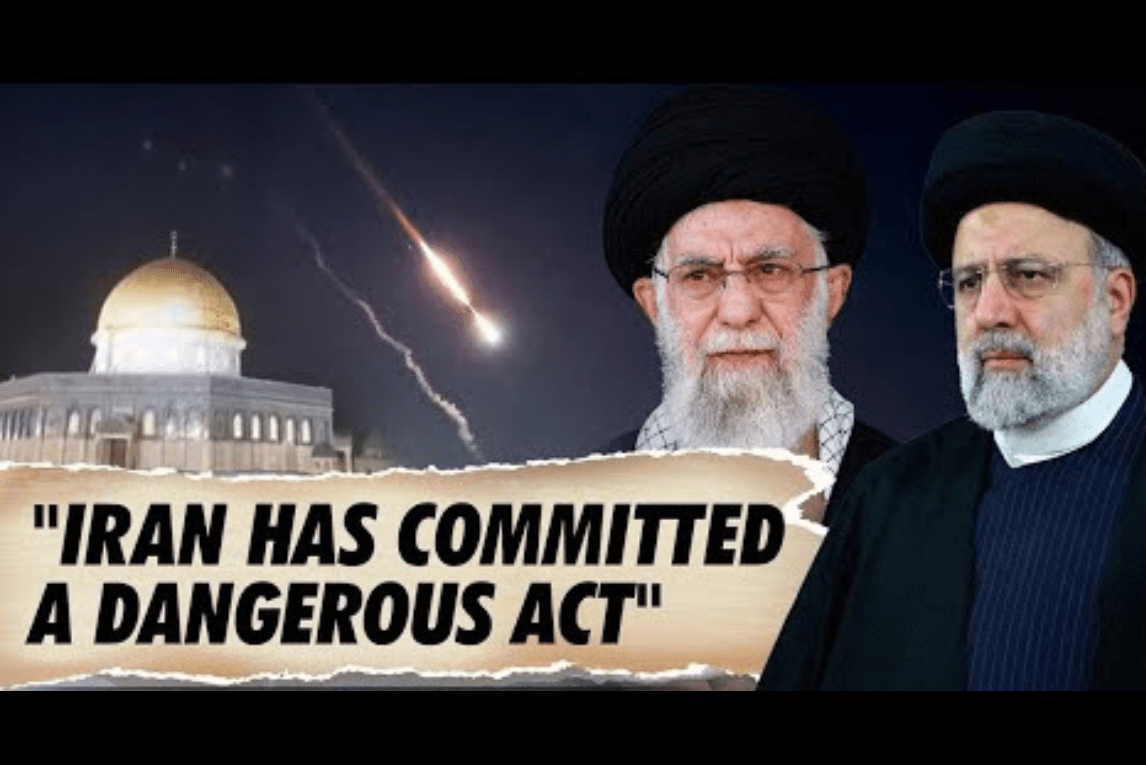Introduction to Muslim Boy Names
In the rich tapestry of Islamic culture, names hold profound significance. They often reflect religious beliefs, cultural heritage, and familial lineage. Choosing a name for a newborn boy is a decision of great importance and reverence among Muslim families worldwide.
Importance of Names in Islamic Culture
Names in Islamic culture are more than mere identifiers; they carry spiritual and social significance. They are believed to influence a person’s character and destiny. Therefore, selecting a name is a deeply spiritual act for Muslim parents, reflecting their hopes and aspirations for their child.
Factors Influencing the Choice of Muslim Names
Several factors influence the choice of Muslim names. These may include religious significance, familial traditions, cultural customs, historical figures, and personal preferences. Moreover, regional variations and linguistic nuances contribute to the diversity of muslim boy names across different countries and communities.
Top 10 Most Common Muslim Boy Names Worldwide
1. Muhammad
Muhammad is the most common Muslim boy name globally, honoring the Prophet Muhammad, the founder of Islam. It signifies praise and commendation.
2. Ali
Ali, meaning “noble” or “sublime,” holds significance in Islamic history as the cousin and son-in-law of the Prophet Muhammad.
3. Omar
Omar, derived from the Arabic word for “flourishing” or “prospering,” is a name associated with wisdom and leadership.
4. Ibrahim
Ibrahim, the Arabic form of “Abraham,” is revered as a prophet in Islam, symbolizing faith and devotion.
5. Ahmed
Ahmed, another variant of “Muhammad,” is widely used across Muslim communities, representing gratitude and praise.
6. Yusuf
Yusuf, meaning “God will increase” or “He will add,” is a name of biblical origin, symbolizing abundance and blessing.
7. Hassan
Hassan, derived from the Arabic word for “good” or “beautiful,” is a name bestowed upon those admired for their virtues.
8. Hussein
Hussein, meaning “handsome” or “beautiful,” is a name with historical significance, particularly revered among Shia Muslims.
9. Khalid
Khalid, signifying “eternal” or “immortal,” is a name associated with strength, resilience, and everlastingness.
10. Mustafa
Mustafa, meaning “chosen” or “selected,” is an epithet of the Prophet Muhammad, reflecting divine favor and distinction.
Cultural Significance of Each Name
Each of these names carries deep cultural significance, embodying virtues such as faith, resilience, wisdom, and beauty. They serve as reminders of Islamic history, values, and principles, fostering a sense of identity and belonging within the Muslim community.
Regional Variations in Muslim Boy Names
While certain names like Muhammad and Ahmed are ubiquitous across Muslim-majority regions, there are also regional variations influenced by linguistic diversity, historical legacies, and cultural practices. For example, names popular in South Asia may differ from those in the Middle East or North Africa.
Trends in Contemporary Muslim Naming Practices
In recent years, there has been a resurgence of traditional and Quranic names among Muslim families, reflecting a desire to reconnect with Islamic heritage and values. However, modern trends also witness the adaptation of names from popular culture, literature, and global influences.
Tips for Choosing a Meaningful Muslim Name
When choosing a name for their child, Muslim parents often seek guidance from religious texts, scholars, and family traditions. It is essential to select a name that carries positive connotations, is easy to pronounce, and aligns with Islamic teachings and principles.
Resources for Finding Muslim Boy Names
Numerous resources are available to assist parents in finding meaningful Muslim boy names, including Islamic baby name books, online databases, and consultations with religious scholars or community leaders.
Conclusion
In conclusion, Muslim boy names reflect the rich tapestry of Islamic culture and heritage. They hold deep spiritual significance and serve as a source of identity and pride for individuals and families worldwide. By understanding the cultural context and significance of these names, we gain insight into the diverse and vibrant Muslim community.
Unique FAQs
1. Can I choose a non-Arabic name for my Muslim son?
- Yes, Muslim names are not restricted to Arabic origins. However, it is advisable to select a name with positive meanings and connotations, regardless of its linguistic origin.
2. Are there any specific rituals associated with naming a Muslim child?
- While there are no strict rituals, it is common for Muslim parents to recite prayers and supplications upon naming their child, seeking blessings and guidance for their future.
3. Can I combine Arabic and non-Arabic names for my son?
- Yes, many Muslim families combine names from different linguistic origins to create unique and meaningful combinations, as long as the names are in accordance with Islamic principles.
4. Are there any names that are considered inappropriate in Islam?
- Names associated with negative connotations or incompatible with Islamic beliefs and values are generally avoided. It is essential to choose names that reflect virtues and uphold Islamic principles.
5. How can I ensure that my son’s name is unique yet meaningful?
- Researching the meanings and historical significance of names, consulting with family members, and seeking guidance from religious scholars can help parents find a name that is both unique and meaningful for their son.






